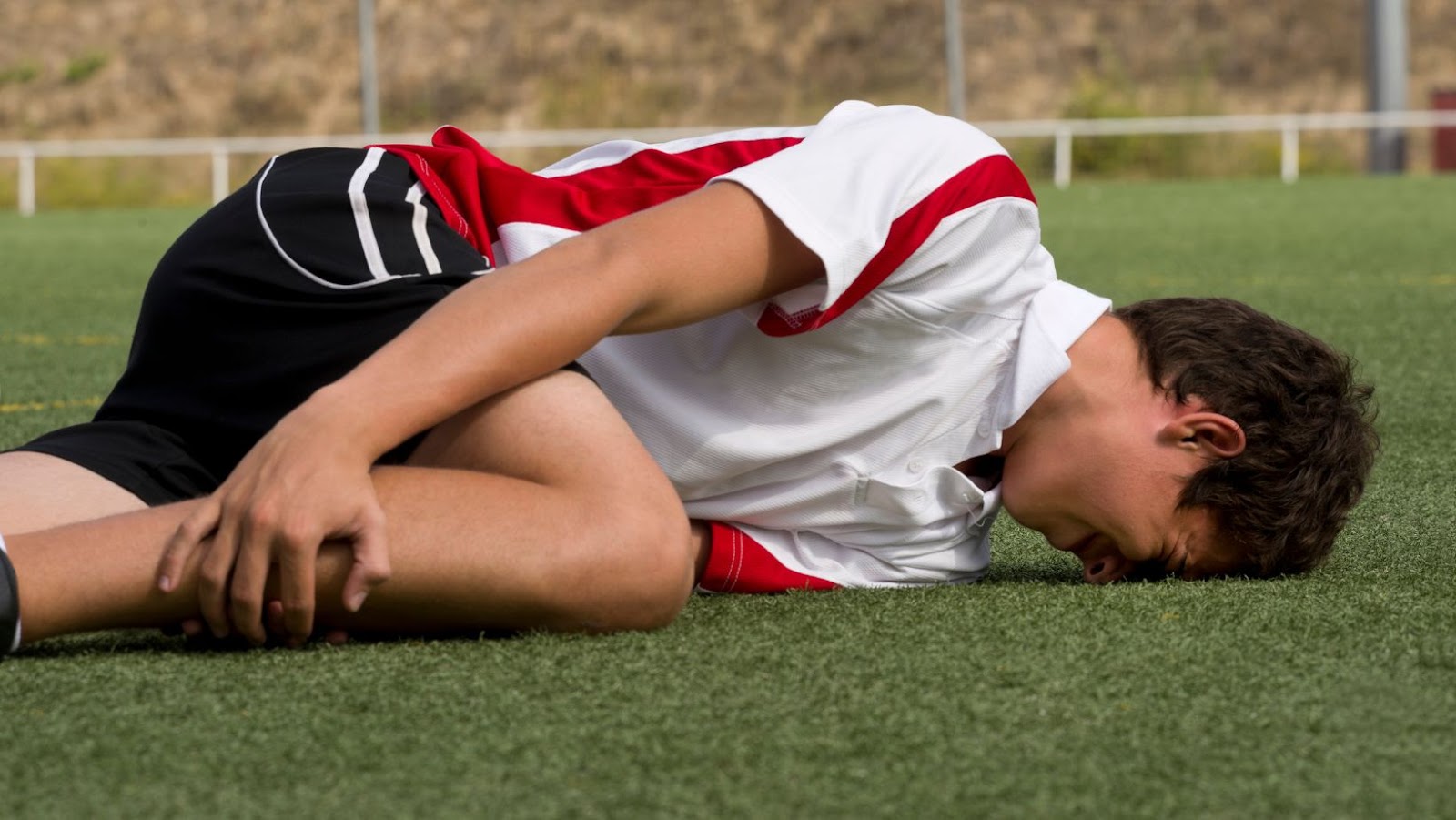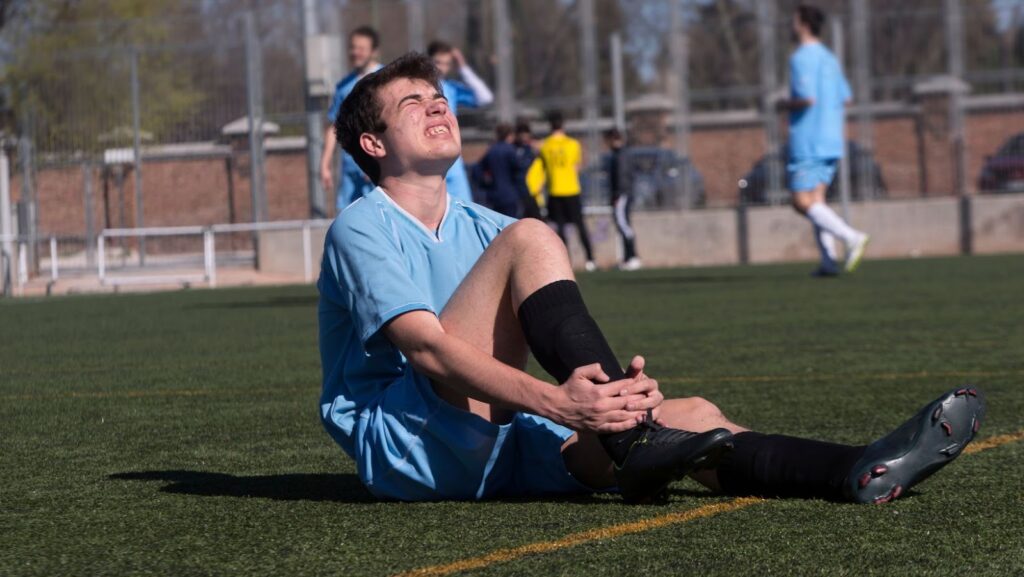Whether you are a professional athlete or you play in your leisure time, there are a few things you can do to recover from sports injuries like a pro.
There are different types of sports injuries that you can get, and some of them are more severe than others.
Protein-Rich Foods For Sports Injuries
Those suffering from sports injuries need to consume protein-rich foods to speed up recovery.
These foods contain all the essential amino acids which the body requires for rebuilding.
This is because immobilization causes a decline in muscle mass and strength. The amount of protein a person needs is based on the nature of their injury.
Proteins help heal broken bones and wounds. They also prevent inflammation.
Micronutrients
During recovery, it’s important to eat a diet rich in micronutrients, which promote healing. These nutrients are necessary for maintaining bone health and skeletal muscle growth.
Injuries to the body can be caused by many different factors, such as a cut, a sprain, or a ruptured tendon. In order to recover, athletes need to manipulate their protein and calorie intake. This will help their muscles repair themselves.
Omega-3 Fatty Acids For Sports Injuries
Various studies have shown that adequate consumption of omega-3 fatty acids (O3FA) may improve sports performance and may prevent and treat sports injuries.
They are also associated with better cardiovascular health. A number of laboratory-based studies have suggested that O3FA supplementation may help athletes improve their performance and mitigate the inflammatory and cardiovascular consequences of exercise.
The best way to assess an athlete’s omega-3 index is to determine the concentrations of EPA and DHA in their erythrocyte membranes. These are the two most bioactive O3FA species.

CBD For Sports Injuries
Using CBD for sports injuries can make your recovery faster and easier.
This plant-based substance can help your body tackle inflammation and reduce swelling in muscles. It can also improve sleep and energy levels. You can take it before and after sports activities.
Athletes know that they need to stay hydrated and get adequate rest. However, they don’t know that they can also use a substance from nature to ease their discomfort.
Athletes also tend to reach for tinctures, oils, topical creams, and other products that contain CBD. These supplements have been shown to ease pain, improve sleep and boost energy. It also boasts a few other benefits, including anti-inflammatory properties.
CBD roll-on for pain relief For Sports Injuries
CBD pain relief gel is an effective way to aim for targeted pain relief for sports injuries. It has been used by athletes and those with a physically active lifestyle to reduce inflammation, improve muscle recovery, and ease joint discomfort.
CBD roll-on relieves soreness, improves range of motion, helps heal bruises faster, and can even be used preventatively to reduce the risk of sports injuries.
It is easy to apply directly at the site of pain and can provide fast-acting relief.

Vitamins And Minerals For Sport Injury
We’ve talked about micronutrients in general but now, let’s see which exactly vitamins and minerals play a significant role in healing.
When recovering from a sports injury, it is important to make sure you are getting the right vitamins and minerals in your diet. Vitamins can help the body to repair itself, reduce inflammation and boost the immune system.
Vitamin C
Athletes may need to consume more vitamin C than normal. Oranges are a good source of antioxidants, as they contain more than 60 flavonoids. The high concentration of this nutrient may help reduce the amount of inflammation associated with a sports injury.
Vitamin D
Several studies have shown that low vitamin D status in athletes increases their risk of overuse injuries. It also has been associated with an increased risk of common illnesses. It is important for sports dietitians and physicians to routinely assess the vitamin D status of athletes.
Calcium
In addition to vitamin D, calcium is important for bone health. Low calcium levels are associated with bone fractures. Having normal calcium levels is a risk factor for stronger bones as adults.
Approximately 99% of the calcium in the body is in bones. The body can absorb calcium from food and supplementation. Deficiency may lead to increased skeletal pain, inflammation, and skeletal weakness.
Zinc
Zinc is a powerful antioxidant that helps protect the body from damage. It also helps prevent inflammation within the cells.
Zinc plays a number of important roles in the body, including protein synthesis and cell division. It is also necessary for wound healing.
When you exercise, your body produces a chemical known as oxidative stress, which can damage your tissue. Zinc helps fight this by raising the activity of superoxide dismutase. It also bolsters antioxidant defenses.


More Stories
What is Kratom, and How is it Used for Pain Management?
Experience the Convenience of Shopping for Supplements Online
Musk’s SpaceX: Starship lands safely… then explodes